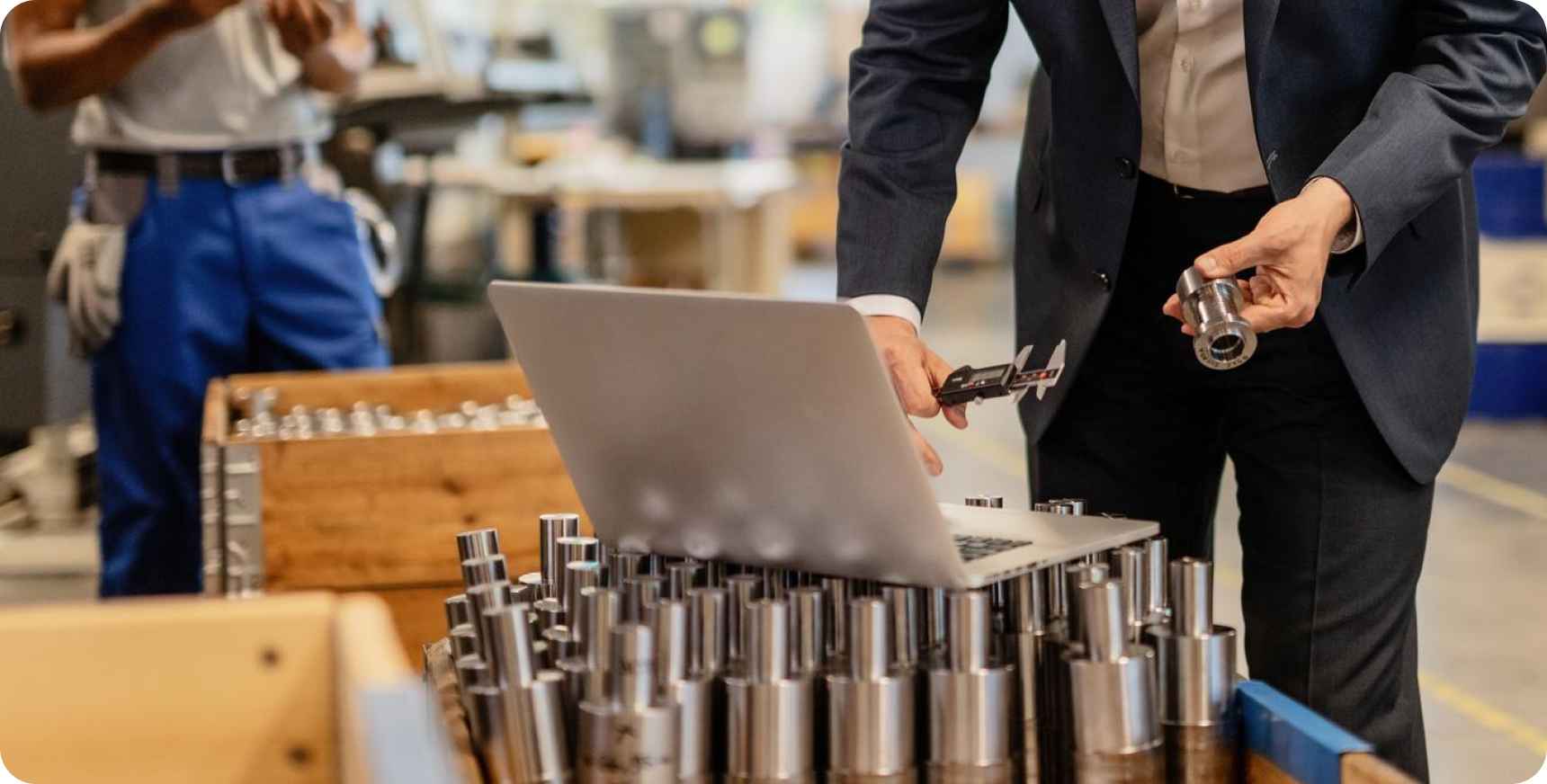 QED
QED
 English
English

 All Blogs
All Blogs

Providing a QED token with a bag increases the value to all parties in a secondary transaction
As we wrote about in our recent blog post, “The demise of CRM,” customer data after the sale of an item is a largely unsolved business problem. From our post,
“Companies allocate substantial budgets to digital marketing and data analytics, aiming to understand their audience and tailor campaigns for maximum impact. Yet, what could be closer to the customer than the very product they purchased, how they use it, and the reasons behind their affection for it?”
For even the most customer-obsessed manufacturers, once an item is sold, visibility into the lifecycle of the item goes out the door with the item. Leaving this picture even more opaque, many companies operate indirect channels for distribution of their products, and have even less visibility into the fate of their products. At best, a producer of goods will have rudimentary data points on the buyer for the initial purchase. In many cases, items are resold in the secondary market, and the ultimate owner of an item is unknown to the producer of the item forever.
They make it possible to gain insight into the secondary market for an item. Previously unanswerable questions are suddenly table stakes questions:
QED tokens also ensure authenticity. This is a value to consumers to know they are getting authentic goods. It is a value to consumers as it more easily allows them to resell an item on the secondary market, or to simply maintain a digital certificate of authenticity.
When an item with a QED token is traded in the secondary market, the item’s producer can track the item’s lineage and transfer of ownership. Moreover, rules can be set on the timeframes and other considerations for transfer as desired. Examples include terms of warranty, special pricing, etc.
Consider that many manufacturers of luxury goods limit access to their most coveted products. For example, for the most part, you cannot walk into a Hermes store and purchase a Birkin bag. Those bags are reserved for ‘power’ customers, those who buy a lot of other Hermes products.
Such bags can be resold for more than the purchase price. Such bags are often counterfeited. Providing a QED token with a bag increases the value to all parties in a secondary transaction. Authenticity that is transferable and auditable by a prospective buyer enhances confidence for the parties of the transaction.
QED tokens also greatly benefit the producer of such goods. They can see who is buying and reselling their items. This opens more efficacious direct marketing opportunities with lower cost per sale and improved lifetime value of a customer.
Start with a free trial and redefine trust with the digital product passport